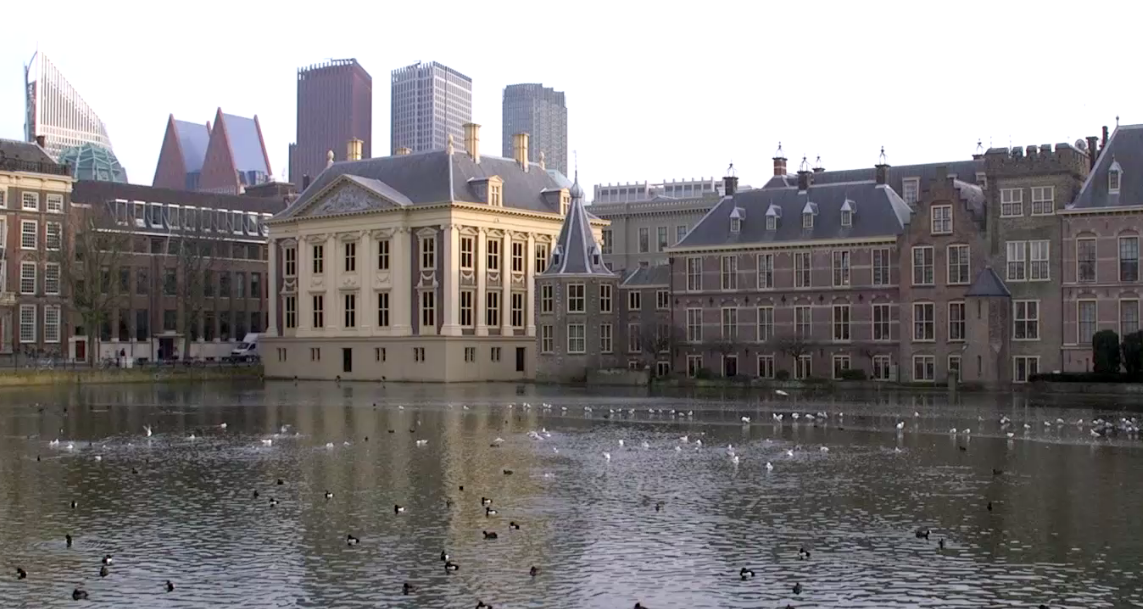Migratie en de Nederlandse verzorgingsstaat
Waarom kiezen migranten voor Nederland? Vaak wordt gedacht dat dat komt vanwege het hoge niveau van de verzorgingsstaat. Volgens de Groningse hoogleraar Helga de Valk is dat een misvatting. Want als het waar zou zijn dan zouden met name Scandinavische landen populair moeten zijn en dan zouden migranten nooit meer willen vertrekken. Cijfers ondersteunen dat beeld niet.
De Valk: 'Uit grootschalig Europees onderzoek komt naar voren dat het belangrijk is om naar de levensloop te kijken. De levensloop laat zien op welk moment iemand kiest om te migreren en welke factoren er op dat moment voor die persoon van belang zijn. Jongeren van andere Europese lidstaten komen bijvoorbeeld naar Nederland om te studeren of te werken hier. En dat maakt dat zij eigenlijk helemaal niet zo bezig zijn met verzorgingssstaatarrangementen als kinderopvang of pensioenen. Mensen weten er eigenlijk niet zo gek veel van.'
Prof.dr. H.A.G de Valk is tevens werkzaam bij het Nederlands Interdisciplinair Demografisch Instituut, een instituut dat nauw verbonden is met de Rijksuniversiteit Groningen.
Meer informatie

Video's RUG
Het online videomagazine Unifocus belicht wekelijks onderwerpen die annex zijn met de Rijksuniversiteit Groningen, op het gebied van onderzoek (en samenleving), studentenleven, onderwijs, beleid en internationalisering. Andere video's staan in onze videoportal.
Meer nieuws
-
01 december 2025
De kracht van beweging
